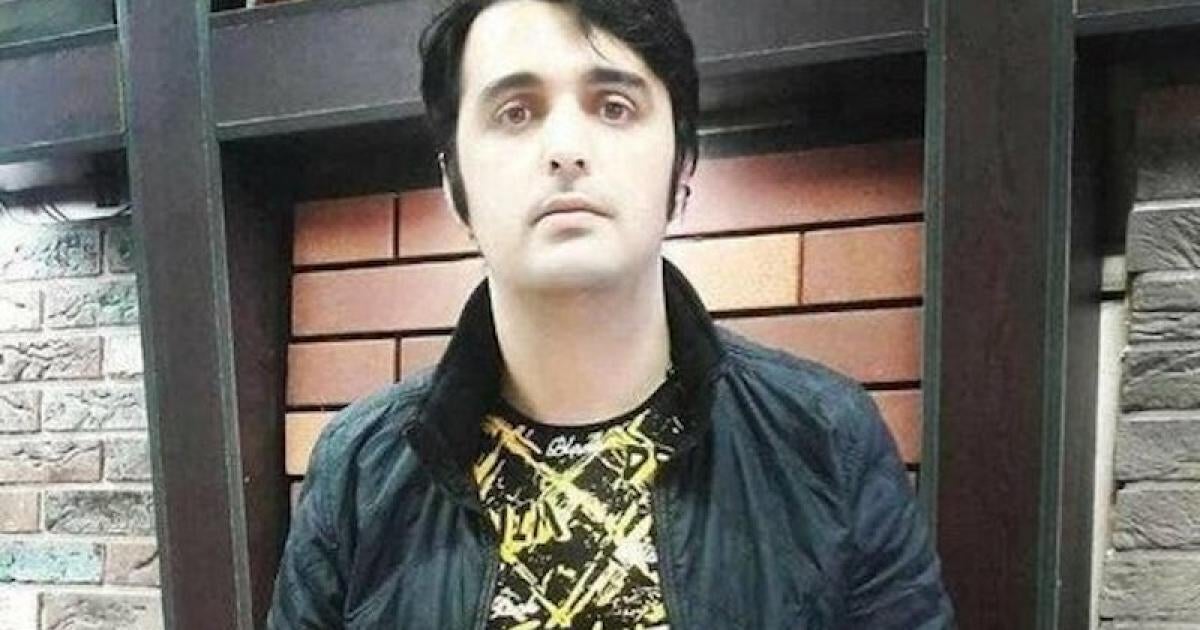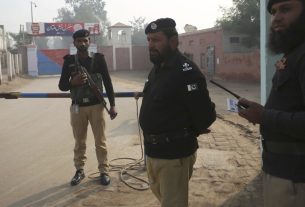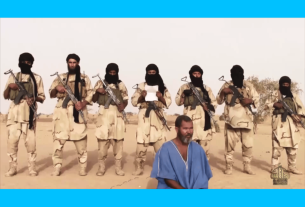(Beirut) – An imprisoned Iranian protester died under suspicious circumstances on August 31, 2023, in northern Iran, raising grave concerns about his treatment, Human Rights Watch said today. Javad Rouhi, 31, was horrifically tortured following his arrest during the widespread protests that erupted in Iran in September 2022 and convicted two months later after an unfair trial.
On August 31, Nowshahr prison in Mazadanran province, north of Tehran, issued a statement that Rouhi had been transferred to a hospital early that morning “following a concussion” but died despite receiving medical assistance. The statement said the Prosecutor’s Office was investigating his death. Rouhi’s lawyer confirmed his death in a tweet. A knowledgeable source said government security forces have pressured the family to arrange a private burial.
“The Iranian prison authorities’ egregious record of torture and mistreatment makes Javad Rouhi’s death in custody more than a little suspicious,” said Tara Sepehri Far, senior Iran researcher at Human Rights Watch. “An international inquiry is needed since there’s no reason to believe Iranian authorities will carry out a transparent investigation.”
On December 13, 2022, Branch 1 of the revolutionary court in Sari city in Mazandaran province, following a trial that lasted only 45 minutes, sentenced Rouhi to death on charges of “waging war against God,” “corruption on Earth,” and “apostasy.” On May 23, Rouhi’s lawyer reported that the Supreme Court accepted his client’s appeal, striking down the death sentence and referring his case for a retrial.
Human Rights Watch obtained information that Iran’s Islamic Revolutionary Guard Corps agents arrested Rouhi in September 2022 and held him in solitary confinement without providing any information to his family for over 40 days. According to the source, Rouhi had a mental health condition and previously sought in-patient treatment in a hospital.
Revolutionary Guard members tortured Rouhi while he was in detention, an informed source said. The source said Rouhi was exposed to freezing temperatures and that ice cubes were placed on his testicles and other parts of his body for 48-hour periods. The attackers also beat him severely with batons and whipped his body, including the soles of his feet, while he was tied to a pole. He reportedly lost control over his bowel movements and mobility in one of his legs and experienced a speech impairment as a result. The revolutionary court refused to consider reports of Rouhi’s torture and did not allow him access to a lawyer of his choice during the trial. He experienced a concussion in detention as a result of torture and was transferred to a hospital for 24 hours.
Iranian authorities’ violations of due process rights and fair trial standards as well as the torture and ill-treatment of detainees have been systemic features of the government’s crackdown against anti-government protests, Human Rights Watch said.
Amnesty International has documented at least 72 deaths in Iranian prisons since January 2010. In 46 of these cases, informed sources said the deaths resulted from torture or other ill-treatment by intelligence and security agents or prison officials. Iranian authorities have persistently refused to conduct transparent investigations in the deaths, nor have they held any official accountable.
The United Nations Principles on the Effective Prevention and Investigation of Extra-Legal, Arbitrary, and Summary Executions call for the “thorough, prompt and impartial investigation” of all suspicious deaths in custody to “determine the cause, manner and time of death, the person responsible, and any pattern or practice which may have brought about that death.”
The principles state that “families of the deceased and their legal representatives shall be informed of, and have access to, any hearing as well as to all information relevant to the investigation, and shall be entitled to present other evidence.” The Independent International Fact-Finding Mission on the Islamic Republic of Iran, which the UN Human Rights Council established in September 2022 to investigate all alleged human rights violations relating to the protests, should investigate Rouhi’s death in custody, Human Rights Watch said.
“The United Nations fact-finding mission should investigate all torture and deaths in custody related to the protests in Iran,” Sepehri Far said. “Sadly, the case of Javad Rouhi is just the latest one.”



